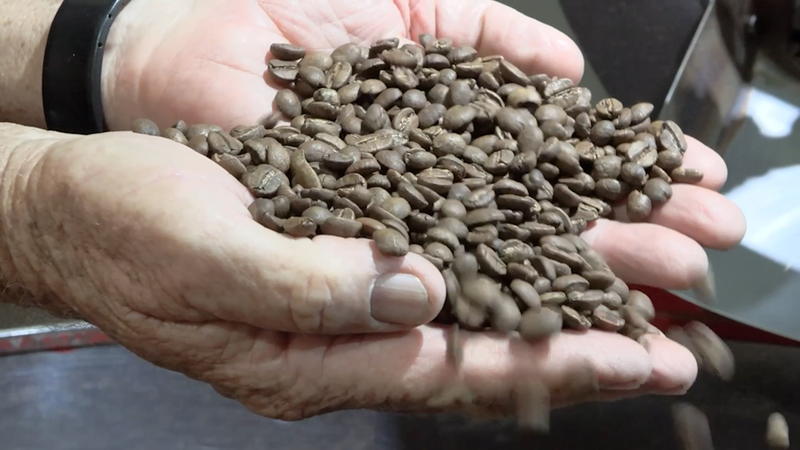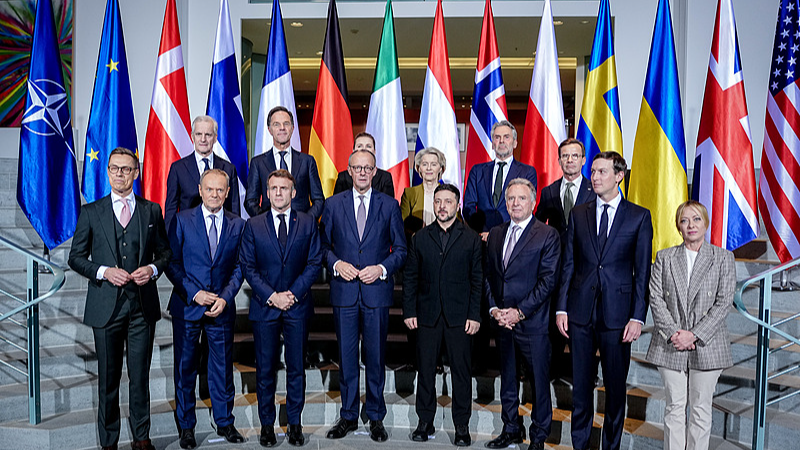When US President Donald Trump slapped massive tariffs on Brazilian agricultural imports earlier this summer, many feared a crisis in Latin America’s farming powerhouse. Instead, Brazil’s agricultural sector is finding creative ways to adapt.
Domestic markets across the country are stepping up. From São Paulo to coastal towns, local buyers are snapping up staples like soybeans and sugar, driving up consumption and cushioning farmers from the tariffs’ bite.
Beyond national borders, Brazilian exporters are charting new routes. Key industries are redirecting shipments to Europe, Asia and emerging markets, where demand for high-quality Brazilian produce remains strong.
In Pará, a northeastern state known for its vast farmlands, growers are optimistic. “We’ve seen buyers in other regions step in,” says farmer Silva. “Our community is proving resilient—adapting to the new trade reality.”
Experts say this pivot could mark a lasting shift in Brazil’s trade strategy. By balancing robust domestic demand with diversified exports, the country is building a more resilient agricultural model that can withstand global policy swings.
For young global citizens, this story underscores the power of adaptability in a world where trade rules can change overnight. As Brazil’s farmers lead the charge, their experience offers lessons in innovation, resilience and the dynamic nature of today’s interconnected economy.
Reference(s):
cgtn.com




